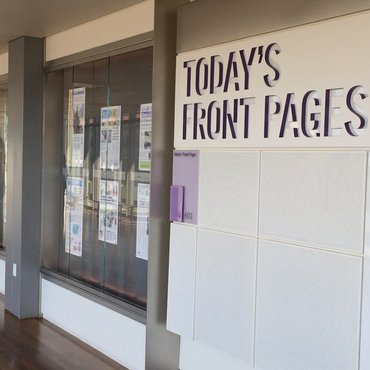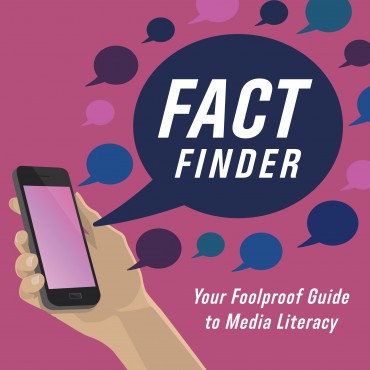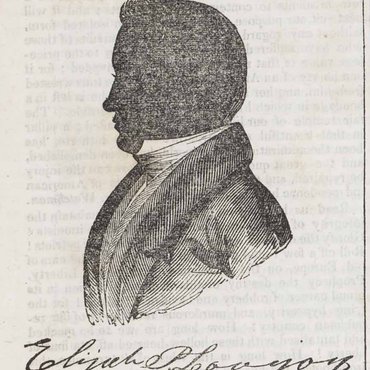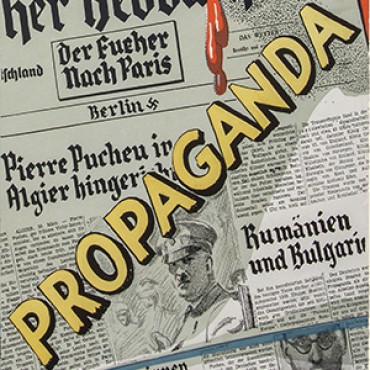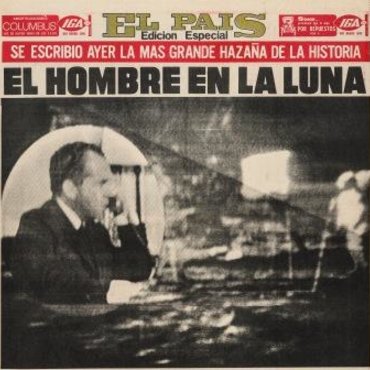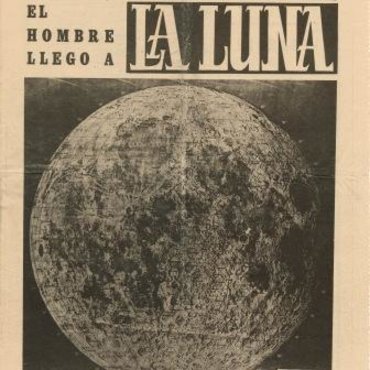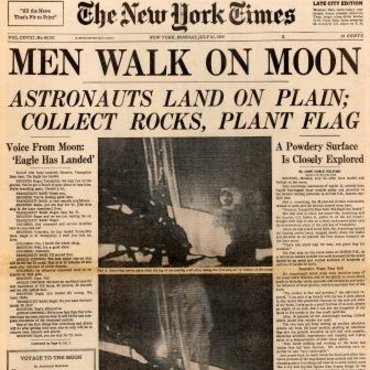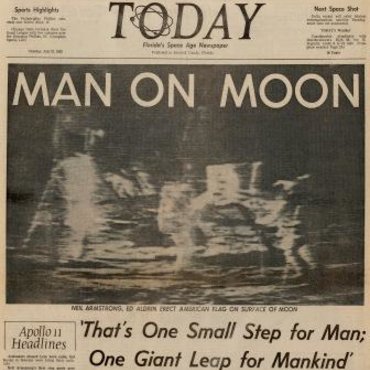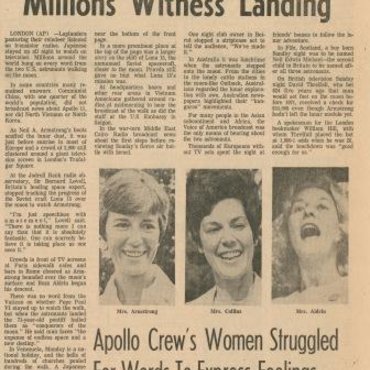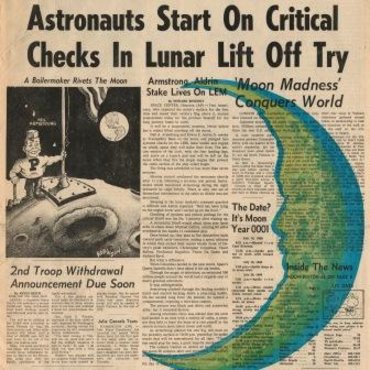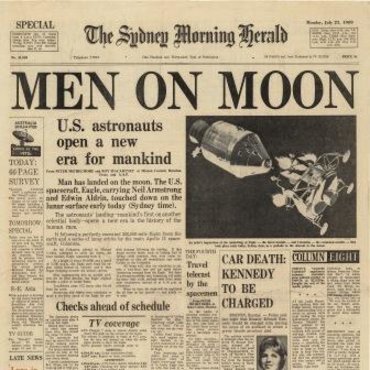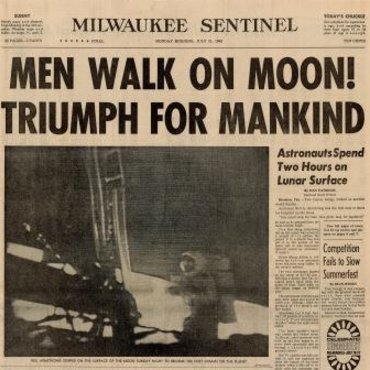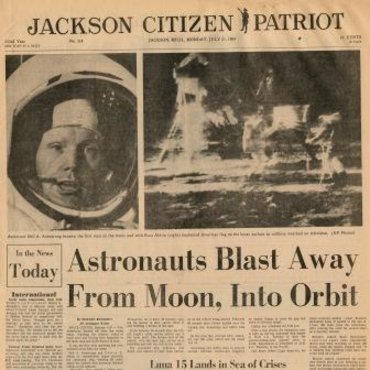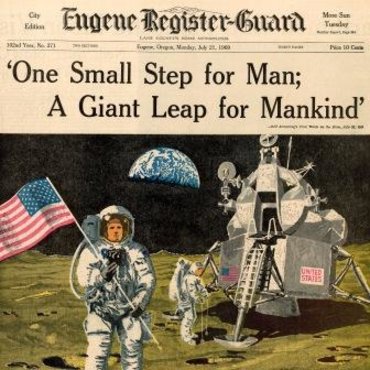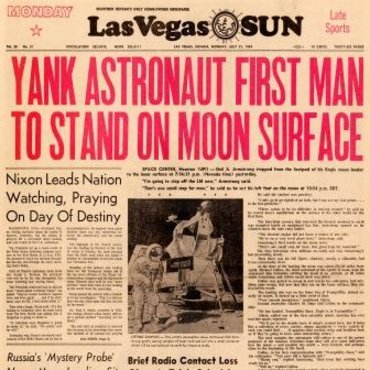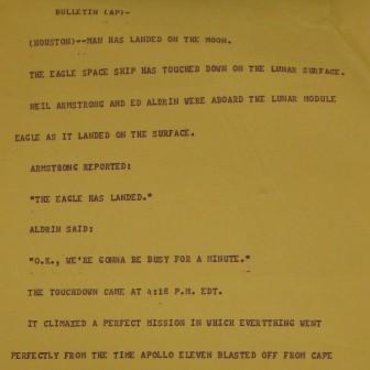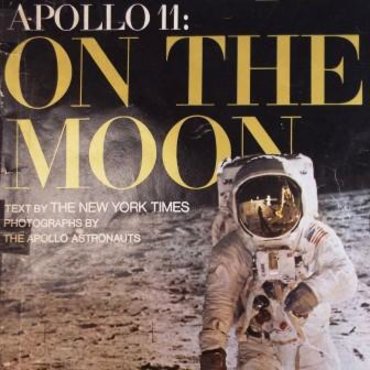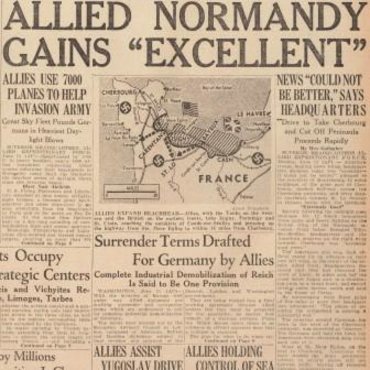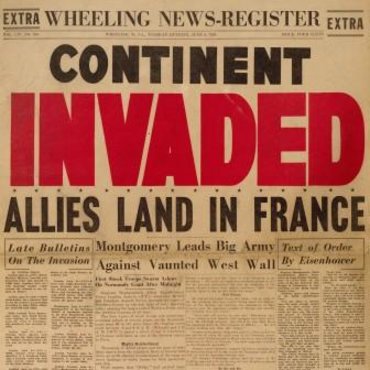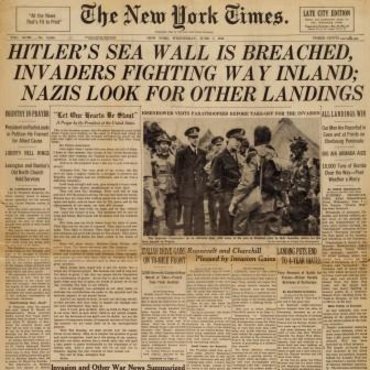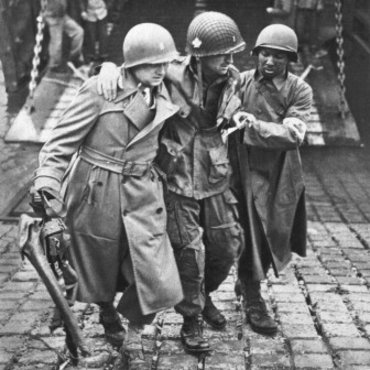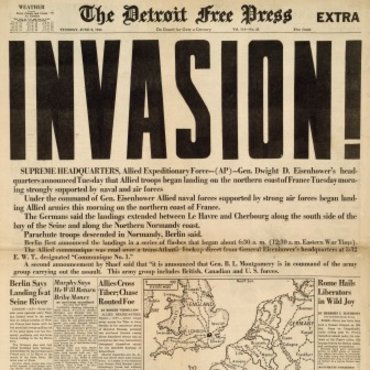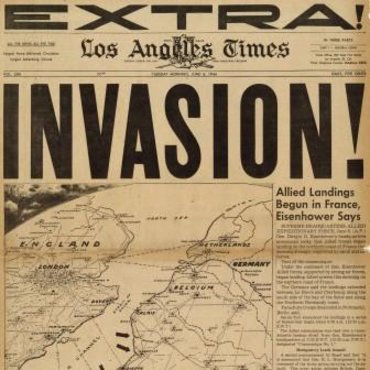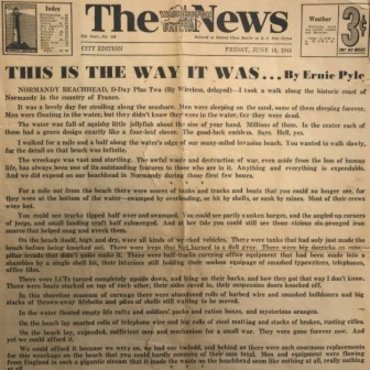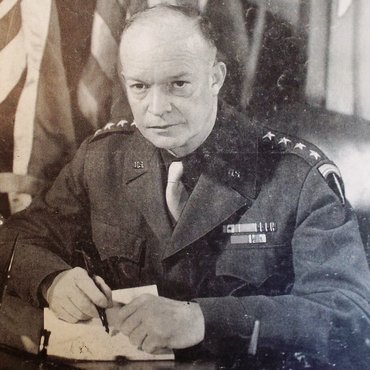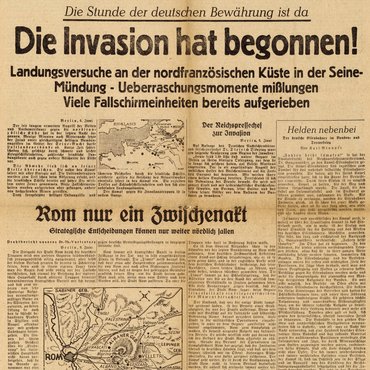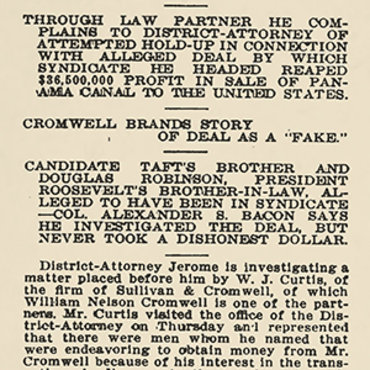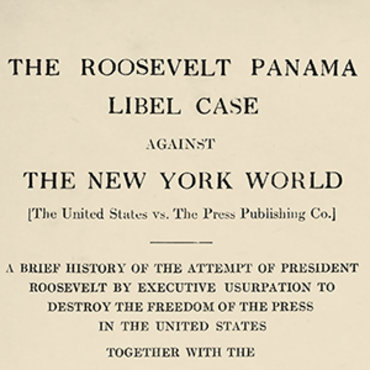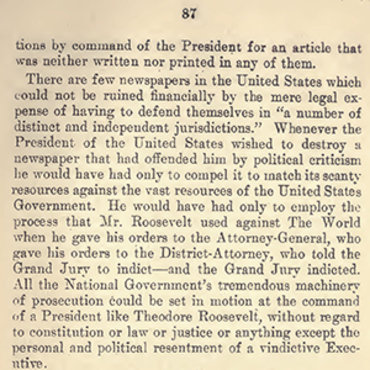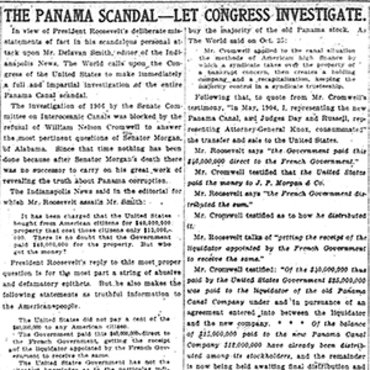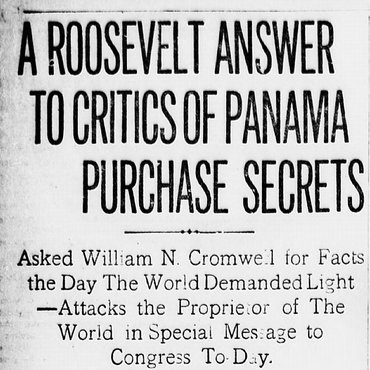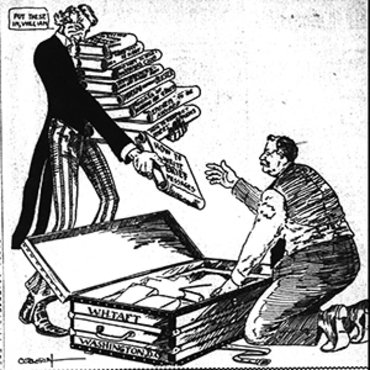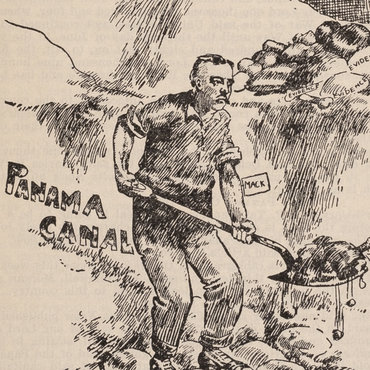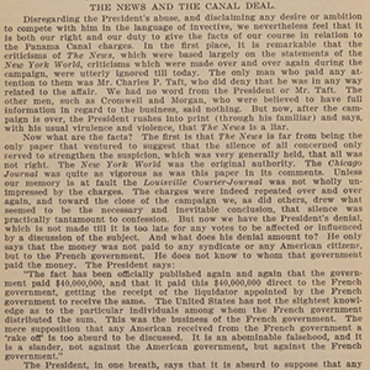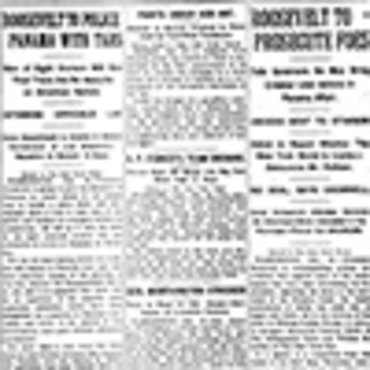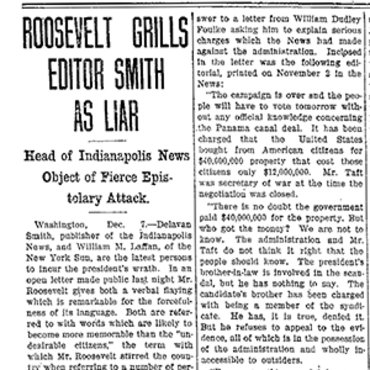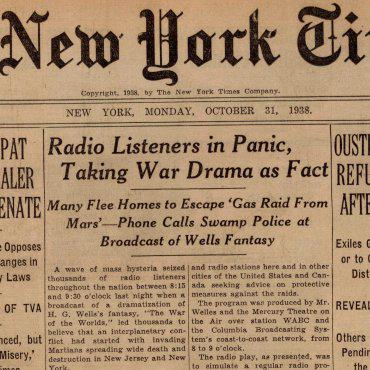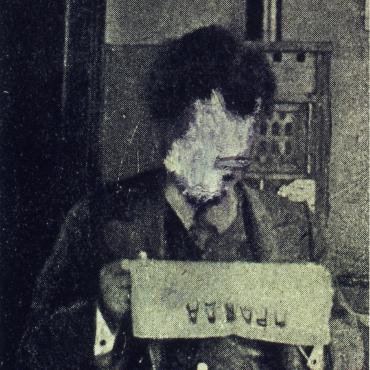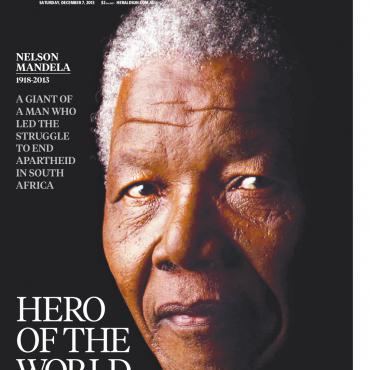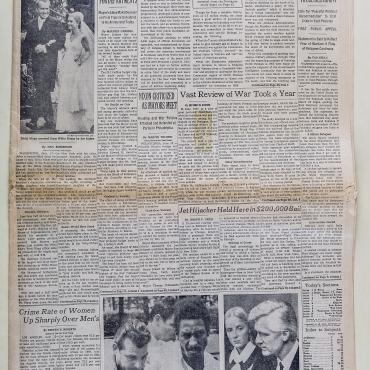Guest Blog: A Case Study of Brexit Vote Coverage
This lesson plan lets students examine news decisions in the coverage of the historic vote in June 2016 and plot how they would have covered it for a fictional newspaper.
By Brigid Godfrey, Newseum Education intern
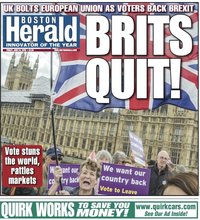
This summer, British citizens voted for their country to exit the European Union — a decision that rocked the world then and continues to make news.
The unexpected result of the June 23 vote was, and still is, important because of the uncertainty associated with what Brexit — short for “British exit” — means for the United Kingdom, the EU, and the world.
Journalism is often called the first rough draft of history. This can be clearly seen in the front pages of newspapers around the world on Friday, June 24. Official results of the vote, announced at 5 a.m. local time, showed the "Leave" camp beat the "Remain" camp with 52 percent of the vote. Generating significant interest worldwide, the Brexit announcement stands as a recent example of the influence of globalization on media coverage.
In today’s world, an ever-escalating amount of news coverage is digital and easy to update as events unfold, thus erasing the age-old limitation of having to wait for the next press run. Nevertheless, news organizations across the globe still have print editions that must yield to the constraints of time zones — with the amount of information available at the time papers go to press varying by the time zone/location of the publication. The Brexit vote serves as an interesting case in point.
I have created a classroom-ready lesson plan that uses Brexit as a case study to help students understand the decisions journalists make about what to cover and how time affects that coverage. Here are the resources available to download:
- Student Activity. This handout provides a brief background on Brexit and enables students to work in groups to answer questions about media coverage of the vote across time zones. In particular, they will use reasoning skills to better understand audience and relevancy as they create an outline for a fictional paper’s coverage of Brexit.
- Examples of Front Pages. This handout contains images of eight newspaper front pages from June 24, 2016 — ideal for comparing the choice of photos, headlines, story placement and approach. Included are newspaper-specific analyses of newsroom considerations on Brexit coverage. This is designed to be looked at after the student activity. Teachers may choose to make copies and give the handout to students to examine and answer questions. Or, teachers can use it as a guide in conjunction with the PowerPoint presentation. (If you want to use different or additional front pages, check out our archived front pages related to Brexit.)
- Brexit PowerPoint. This resource combines the student assignment and the front page examples, without the analyses. Teachers should refer to the front pages handout for details on the newspapers and to facilitate classroom discussion. (The hyperlink takes you to a shared Powerpoint on a Google drive.)
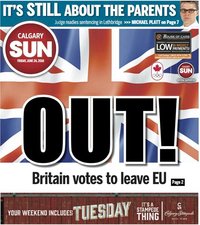
One of the most difficult aspects of creating the "first rough draft of history" is the fluidity of facts surrounding the event. Since newspapers in earlier time zones were forced to go to print before the story of Brexit had fully unfolded, they were unable to tell the entire story of the fallout from the event or, in some cases, even the results of the referendum vote.
To prepare this NewseumED lesson plan, I talked to the editors of newspapers across the U.S. and Canada to compare their approaches to covering the Brexit results. What I found was that a variety of factors influenced the stories that papers chose to put on their front pages, including relevance to readership, other news of the day and, as already mentioned, time zone. The many different approaches to stories that came out in the days surrounding the Brexit vote showed that journalists covered the story from angles that they believed would be relevant to their readership.
The story of Brexit is particularly challenging because it charts new waters: This is the first time a country of the size and importance of the UK has left the EU. It will be years before we truly understand the importance of Brexit, but the work of journalists will help us in that effort.
About Brigid: She is a sophomore at The George Washington University in Washington, D.C., majoring in political science and minoring in journalism and history. She spent summer 2016 interning in the Newseum's Education Department and said she had a blast! Brigid's main hobbies are talking, reading and thinking about international and domestic politics. She is originally from Palo Alto, Calif., and likes running, swimming and country music.
